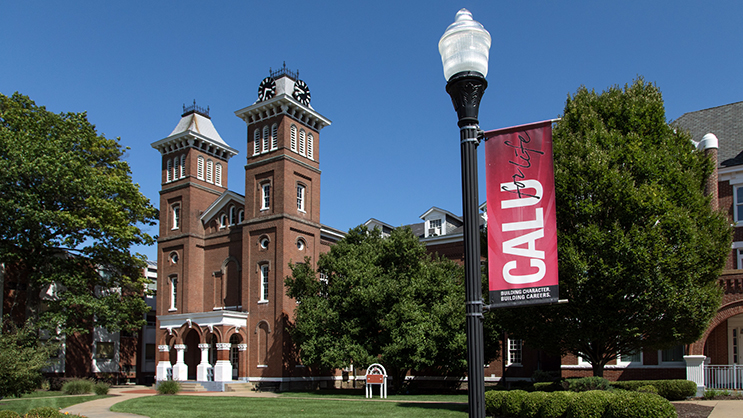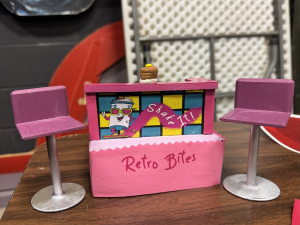Cal U students talk wellness, stress relief
October 9, 2017
Anne Groover begins her day at 6:30 a.m. with a 50-minute commute to campus.
Once there, she works, researches and attends classes until she leaves for the day at 6 p.m.
Groover, a biology major at California University of Pennsylvania with a concentration in pre-med and a minor in chemistry, serves as the president of the medical interest club.
She is also a member of Tri-Beta, Alpha Lamba Delta, the biology club and the chemistry club. On the weekends she works as a waitress and she is the lab assistant for microbiology.
“College can be overwhelming and it’s important to take care of yourself,” Groover said. “I try to stay physically in shape usually by watching what I eat for the most part. I try to go to the gym when I have time, but it’s hard to go consistently.”
She acknowledged that well-being encompasses both mental and physical health.
“Mentally, I have just learned to take a break,” she said. “Sometimes it gets to the point where I can’t focus on anything, so I just take a walk around the building or scroll on Facebook until I feel ready to go again.”
Maddie Thrasher, a junior and pre-med student at Cal U, also has an extremely busy schedule. Thrasher is a member of a number of clubs.
In addition, she is a student athlete on the track and cross country teams.
“My weekly schedule is really hectic,” Thrasher said. “I always feel like I’m running from place to place with little to no breaks in between. I feel like I always have an assignment due and most of my exams fall in the same time period. I try my best to keep up with my school work and sometimes try to get ahead when I can.”
“The best thing to do when you have a busy schedule is to accept it for what it is and just try your best to keep up with it,” said Thrasher. “I personally do better when I have a busy schedule. Too much free time can be a bad thing, especially if you are being counterproductive with it.”
John Massella, director of the office for students with disabilities at Cal U, spent seven years working in the counseling center. He said many of the students utilizing the counseling center are dealing with anxiety.
“The counseling center has approximately 40 percent of their students coming for anxiety as a specific diagnosis,” he said. “However stress and the reaction to it is likely quite higher…External stressors can contribute to a number of different mental health disorders and learning healthy ways of coping with the stressors is paramount.”
Massella continued, “Anxiety is not a bad thing. It’s what gets us out of bed in the morning. It’s when anxiety is doing too good a job or overworking that it becomes problematic.”






